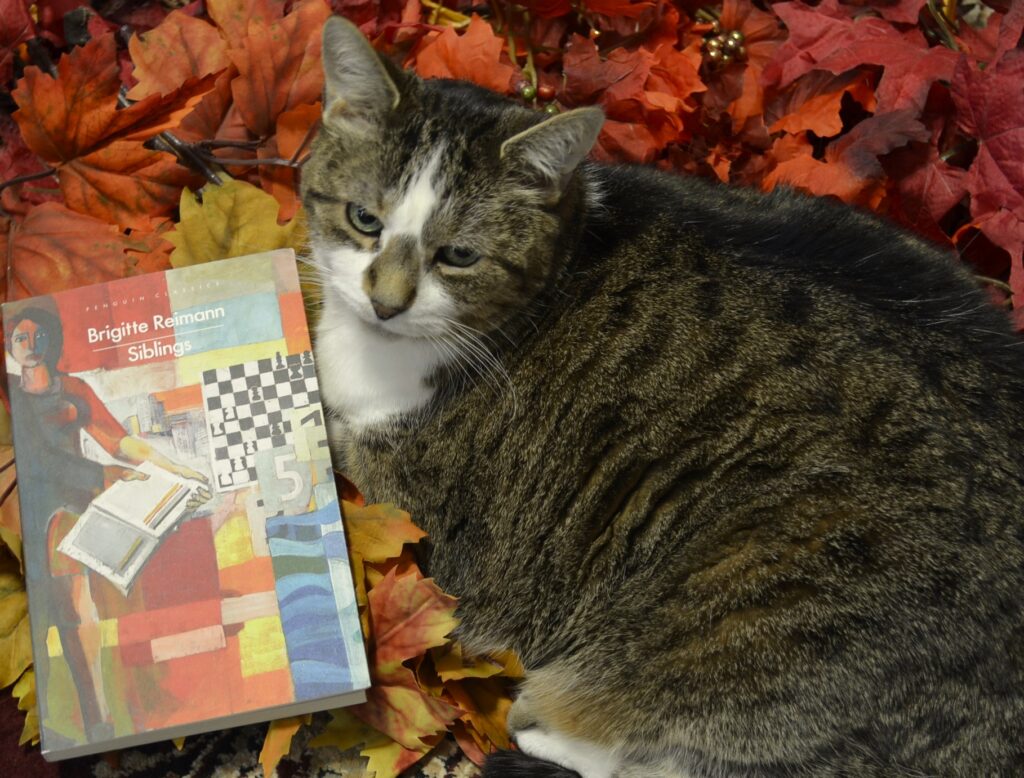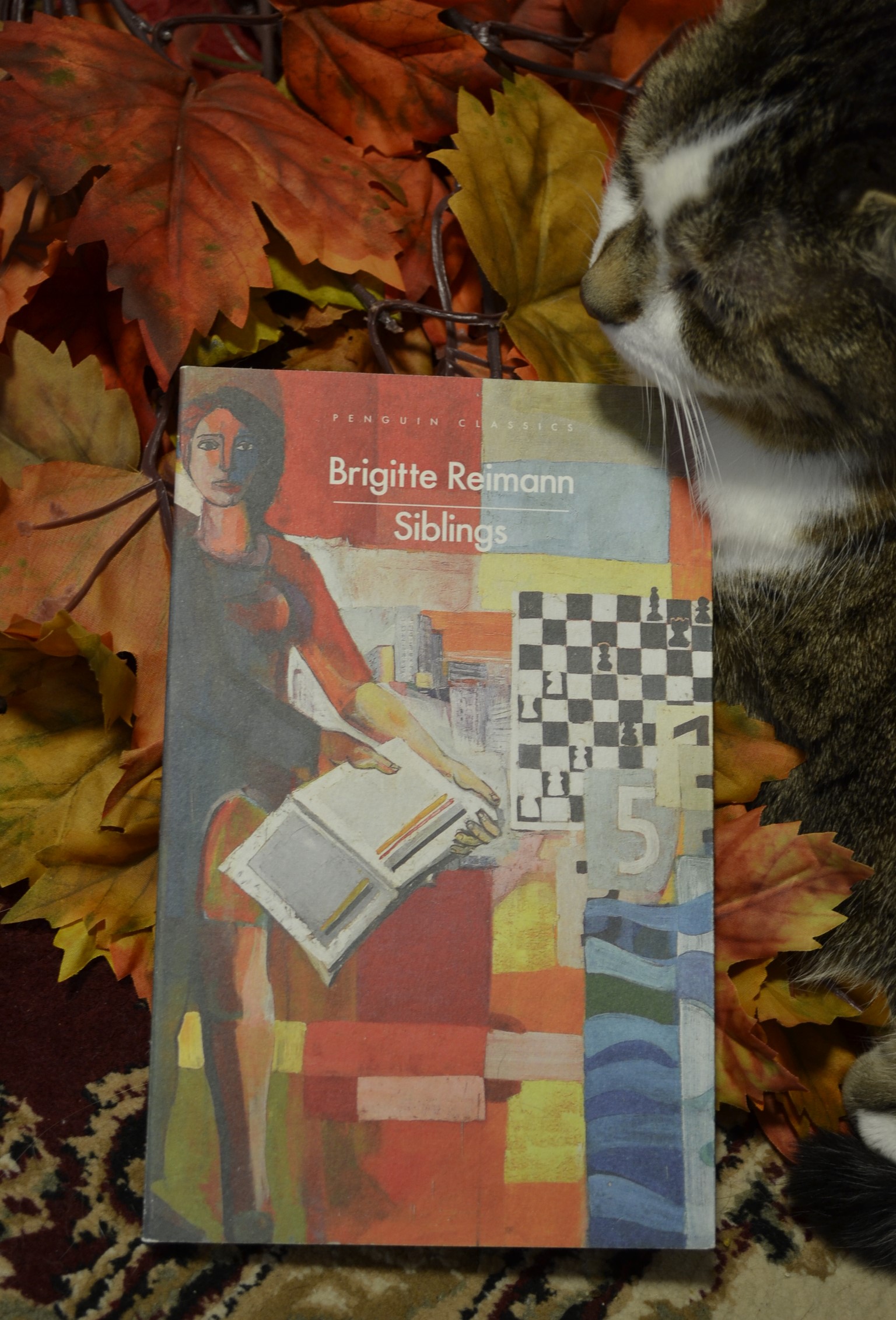Battle of the Furnace
There is one task that I absolutely loathe every time the weather turns and that is furnace maintenance. It was slightly different when I had faith in the box in the basement to pleasantly warm our little house without incident, but as it ages, it’s getting a bit temperamental. It’s still healthy, but it’s gotten whiny. Last winter we had appointment after appointment due to a high-pitched noise. Due to the tireless efforts of an HVAC team, we solved the problem — but it’s another heating season, and I am dreading a similar cycle of appointments.
It’s not a fair comparison but it reminds me of a psychological version of the father in A Christmas Story. I want my furnace to work and, in my head, I am constantly begging for just one more year and one more maintenance appointment where I can be confident of no further problems. I guess I’m already preparing for a replacement in the back of my very worried mind.
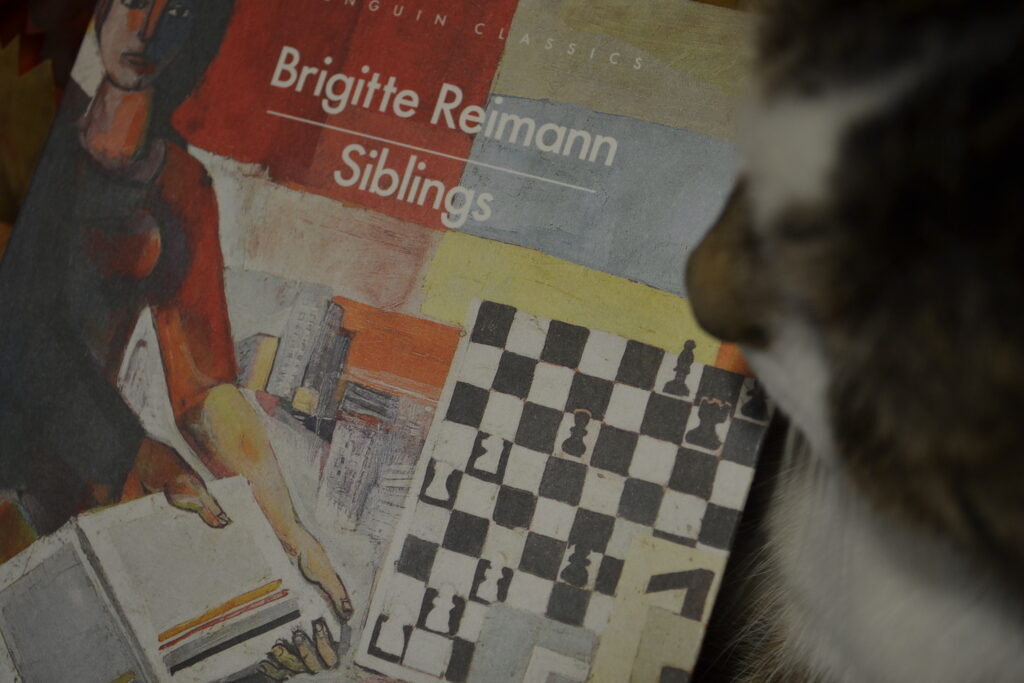
On Siblings
I’m an only child, so books that focus on siblings can be a bit removed from my experience. But I can appreciate that sibling relationships are lifelong and can be one of the most complicated on familial bonds. Brigitte Reimann’s Siblings explores this complexity through the strong but fraught bond between Elisabeth, a young painter, and her brother Uli and their older brother Konrad. Their family is caught in a tumultuous time as the border between East and West Germany has recently closed and ideologies and hopes for the future collapse among the realities and dubious promises of the GDR.
Siblings is a novel that’s engaging because, though the setting is crucial, Reimann turns it into a theatre in which to display differences that would have emerged no matter what the circumstance and family politics that exist no matter the space or time. It’s a quiet book, but it has a lot to say and says it beautifully.
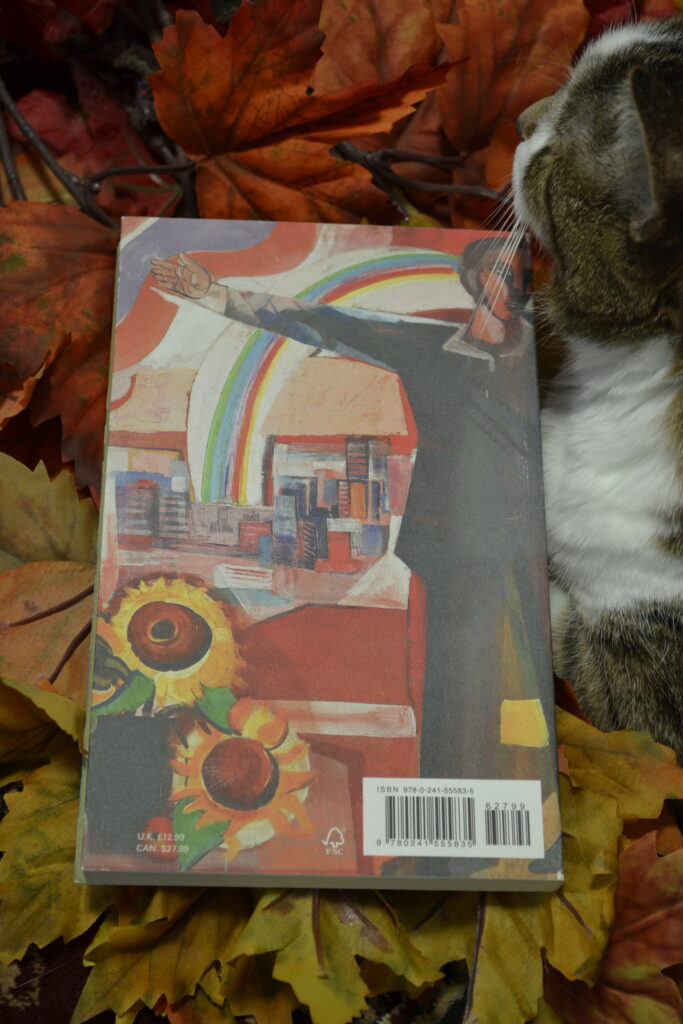
On Ideology
Elisabeth is supposedly fully invested in the GDR and stubbornly sees it as the way to some kind of utopian realization of equality for all. However, her doubts have started to creep in. Konrad is the brother who has left the GDR for a life in West Germany. Elisabeth cannot forgive him for what she sees as pure selfishness and a betrayal of the state she holds dear and thus clings to Uli, who once shared her ideologies. Uli begins to have doubts, these doubts turn to certainties, and Elisabeth is confronted with the choice of where her loyalties lie.
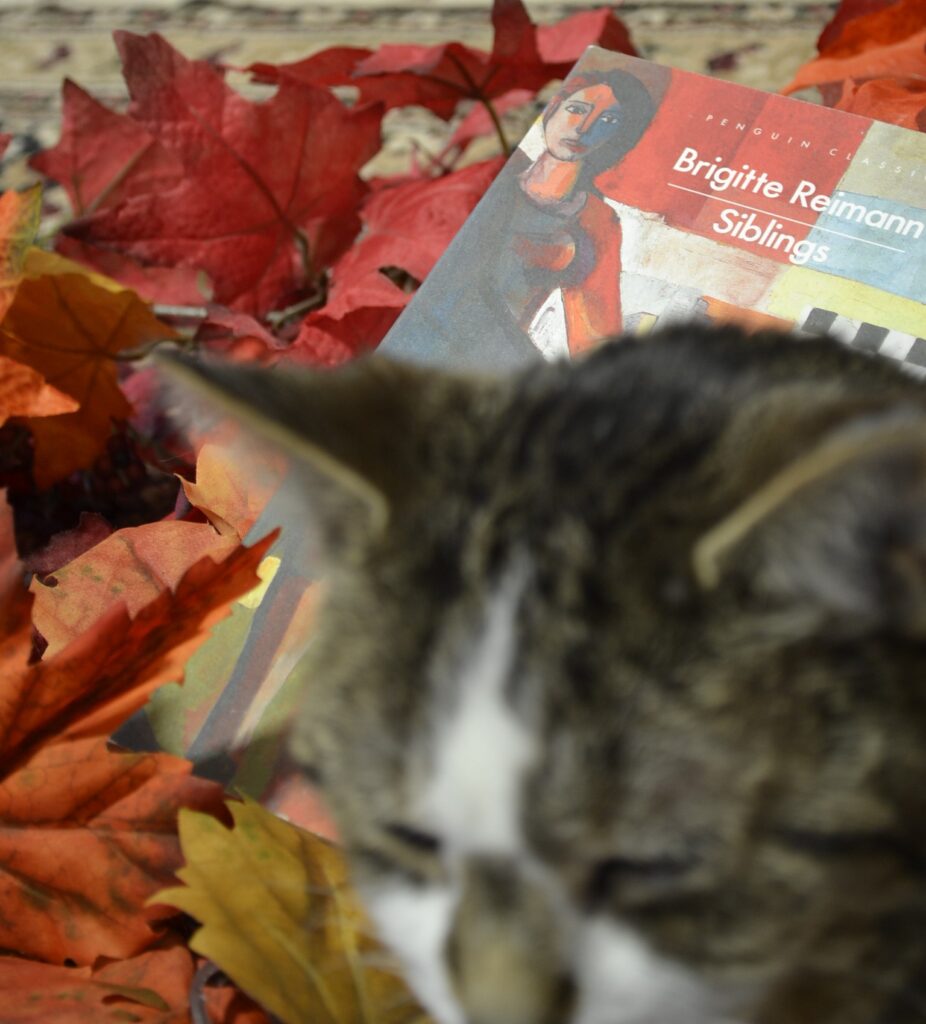
Ideological differences can break a family bond and do so in a way that is complete and permanent. Recently, my lovely spouse and I read an article from The New Yorker on the issue of individuals of my generation and the one younger than me deciding to cut all ties with their parents and other members of the family due to ideological differences. It’s always been an issue, but it hasn’t been one that’s been easily addressed, so it’s nice to see a renewed interest in classic literature that explores these themes in a way that is still relevant and insightful.
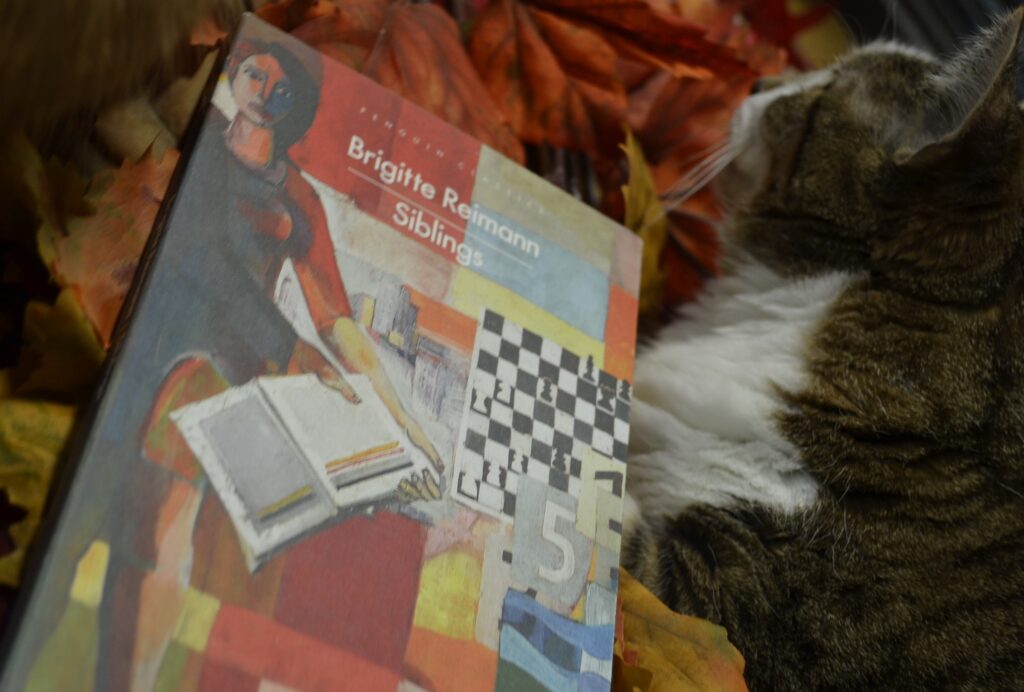
On Conflict and Betrayal
Instead of confronting ideological differences and letting her brother make his own choices, Elisabeth instead betrays him to the state. This repugnant choice is not made because Elisabeth truly disagrees with Uli or doesn’t see the problems with the GDR, but because she decides to remain mired in her own fractured ideologies. She doesn’t want to confront the truth. That she might have been wrong to condemn Konrad, and she might have sacrificed a lot for a state that doesn’t care about her.
It’s a powerful ending, but it’s a difficult one to stomach. But it makes a profound point, that being that some people will hurt those closest to them rather than look at themselves in the mirror or deal with the dissonance of a broken belief.
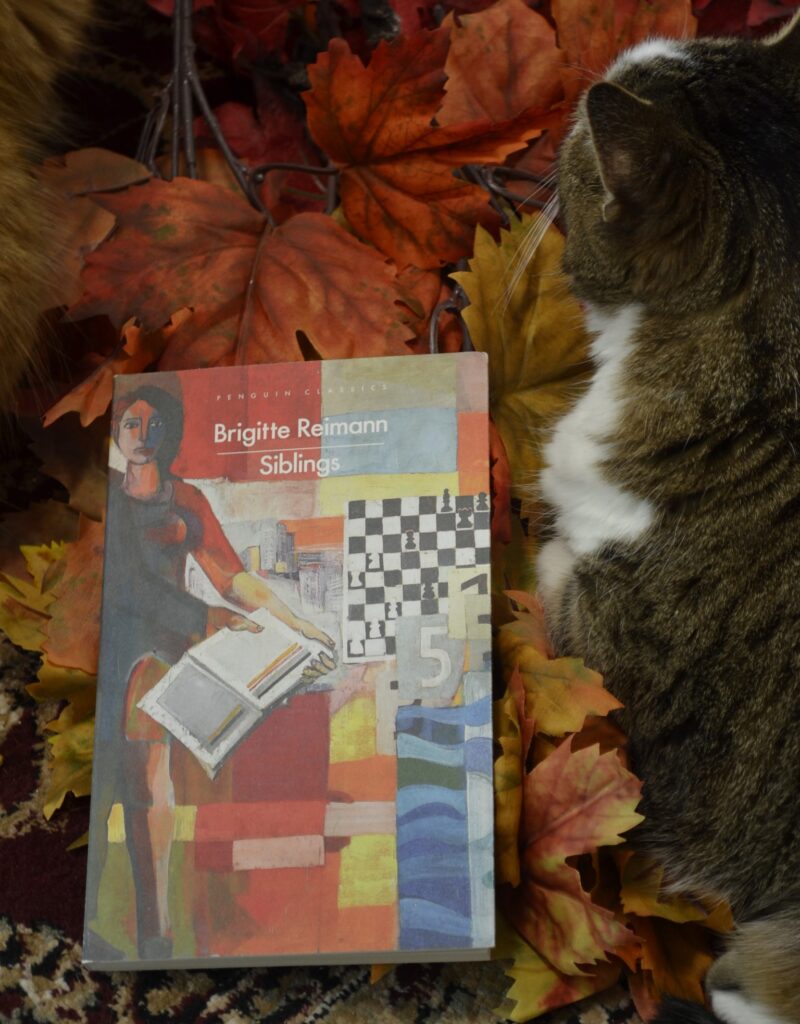
Depressing Fall Predictions
I was talking to someone on the phone yesterday that told me the early fall foliage was a sign of stressed-out trees and probably a short fall that spills into the last of the summer weather. Wow, that makes me sad for many reasons. I love fall and the contrast of the colourful leaves with the cold weather. I often want the transitional season to last far longer than natural. Also? I’m sure no one wants to consider stressed-out trees. I feel very sad about tree stress.
